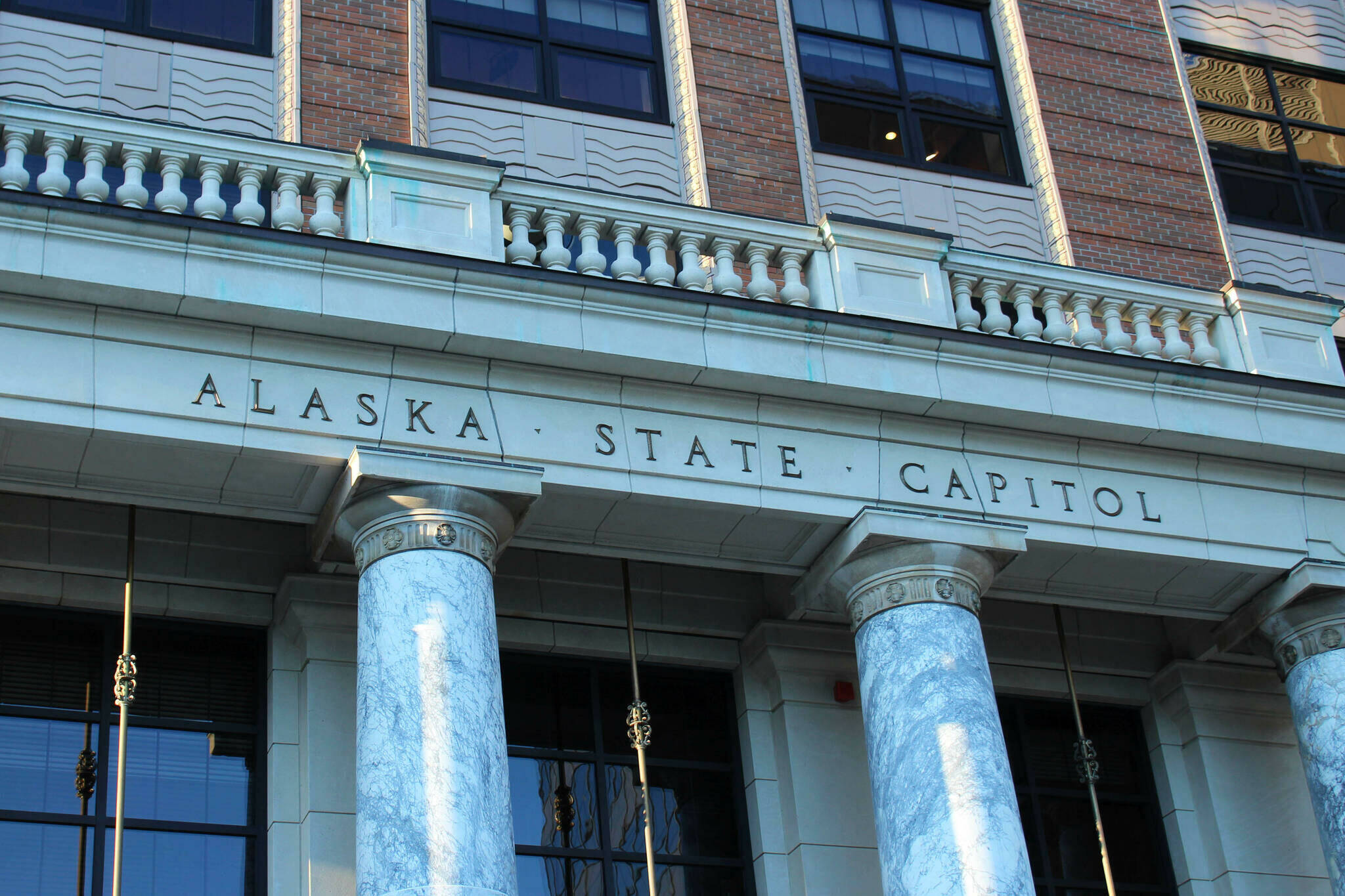The Alaska House of Representatives on March 21 passed legislation that allows school districts to apply for more federal money to improve internet quality and speed in Alaska’s rural schools.
House Bill 193 contains parts of a previous bill lawmakers loaded down with a conglomerate education package, which was vetoed earlier this month by Gov. Mike Dunleavy. Lawmakers worried the veto could put districts’ applications for federal funding at risk, because March 27 is the final deadline to submit the applications, prompting a rush to pass H.B. 193 in a floor session that extended past midnight Thursday.
H.B. 193 passed the Senate on Monday. Gov. Mike Dunleavy reportedly plans to sign the bill, stating on social media that while the bill “is not perfect and there is additional need for more work on the affordability of broadband in Alaska, this is a step in the right direction. The increased internet speed will help schools’ educational process, especially in rural Alaska,” The Associated Press reported on Tuesday.
Alaska’s schools qualify for the Federal Communications Commission’s E-Rate program, which pays for between 60% and 90% of a school or library’s annual internet costs. To receive the funds, school districts are responsible for a local match payment.
Alaska’s Broadband Assistance Grant Program helps eligible schools pay for that local match requirement.
Since mid-2021, the state program has aided schools with internet speeds of less than 25 megabits per second. The bill passed by the House last week would raise the threshold to 100 megabits per second, increasing the number of schools eligible for state financial aid.
The Alaska Department of Education and Early Development estimates the bill, if passed, could cost the state roughly $40 million per year.
Since fiscal year 2011, KPBSD has received more than $6.5 million worth of broadband subsidies through the program, the school district’s current budget document says.
For the current fiscal year, three Kenai Peninsula Borough School District schools — Marathon, Nanwalek and Port Graham — receive state grant money to help pay for their local E-Rate match. If House Bill 193 becomes law, an additional six KPBSD schools would be eligible for the state’s grant program: Tebughna, Cooper Landing, Nikolaevsk, Kachemak Selo, Razdolna and Voznesenka.
As is true in other parts of Alaska, KPBSD’s remote schools pay more for internet than schools in more urban areas.
Nanwalek School, for example, will pay $187,500 this fiscal year for broadband service that includes download speeds of 25 megabits per second. That’s as compared to Cooper Landing School, which pays about $16,100 annually for the same level of service.
If KPBSD decides to upgrade Nanwalek’s internet speed to 100 megabits per second, House Bill 193 would allow the state to pay for the cost of that upgrade.
“Throughout these bandwidth steps, the core tenet of (the Broadband Assistance Grant Program) remains consistent and focuses on assisting districts with raising broadband levels without increasing cost to districts,” KPBSD Information Services Director Eric Soderquist said Thursday.
If the bill passes, he said, the schools that become newly eligible for the state grant program would be evaluated for bandwidth increases during the next funding cycle.
House Bill 193 passed the House by a vote of 36-4. Among the no votes was Homer Republican Rep. Sarah Vance, whose district includes four of the KPBSD schools that would be reviewed for upgrades.
Vance said last Thursday she is “firmly dedicated to ensuring high-speed, reliable internet access” is available for all Alaska students, but that she felt the bill wasn’t adequately debated.
“We must explore all available options for saving the taxpayers’ money and potential technical innovations,” Vance said. “Without the adoptions of some of the amendments offered on the floor, it felt like we were handing a blank check to a select few connected insiders without adequate deliberation.”
Reach reporter Ashlyn O’Hara at ashlyn.ohara@peninsulaclarion.com.


